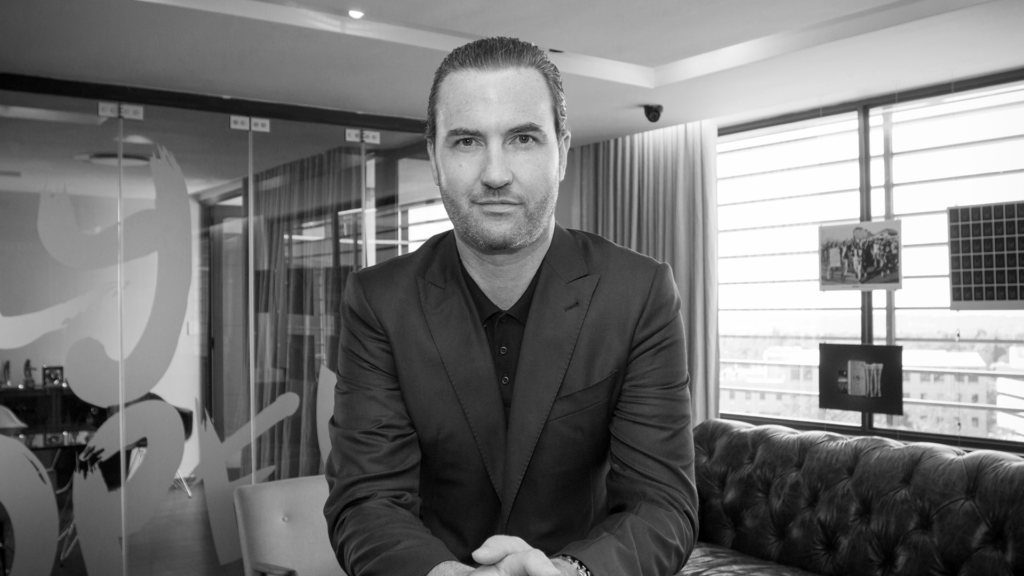
A big thanks to Sean Donovan, President of TBWA Asia for sharing his best advice on leadership.
What is the number one quality you look for in talent?
Over and above the technical ability to thrive at the role in question, there are two qualities I look for that jointly top my list – Empathy and Curiosity.
As a talent business, we thrive when our teammates are in an environment where they are dealt with as humans beings and not units of labour. And as humans, our colleagues check in as their workselves showing just part of the picture.
There are other layers that make up one self; children’s schedules, financial concerns, being present for elderly parents – everyone’s tapestry is completed by the parts we often don’t see in their nine to five-selves. Acknowledge this, care about it. Be kind, be fair, be consistent.
And add a healthy dash of curiosity. Find out about the things your job description doesn’t ask you to do. Talk to people outside of your area. Stick your hand up. Stick your nose in, be interested.
What is the very best career advice you’ve ever received?
It was given by Professor Nancy Koehn: ‘Always ask yourself, is this your acceptable level of decline?’.
I’m of the view that you have to hold your career in the context of your holistic self – family, health, growth and that the most valuable advice can be applied to all. That piece of advice was pretty arresting when I heard it, and is one I value greatly.
What is something the industry isn’t paying attention to that they should?
Access. It’s a broad, general question, so I’m giving a broad generalisation as an answer. Thankfully, albeit very late, the issues of DE&I have become more widely discussed and have resulted in action that will hopefully be sustained.
I think it’s time we also start to talk about access to the industry by people from less privileged backgrounds. As I said, it’s a generalisation, but I think the industry’s access mechanism in the form of learnerships or internships excludes those without either the networks to land the interview or the financial means to work for little compensation in those first years.
It leaves us a skewed representation of more privileged backgrounds and homogenisation of thought.